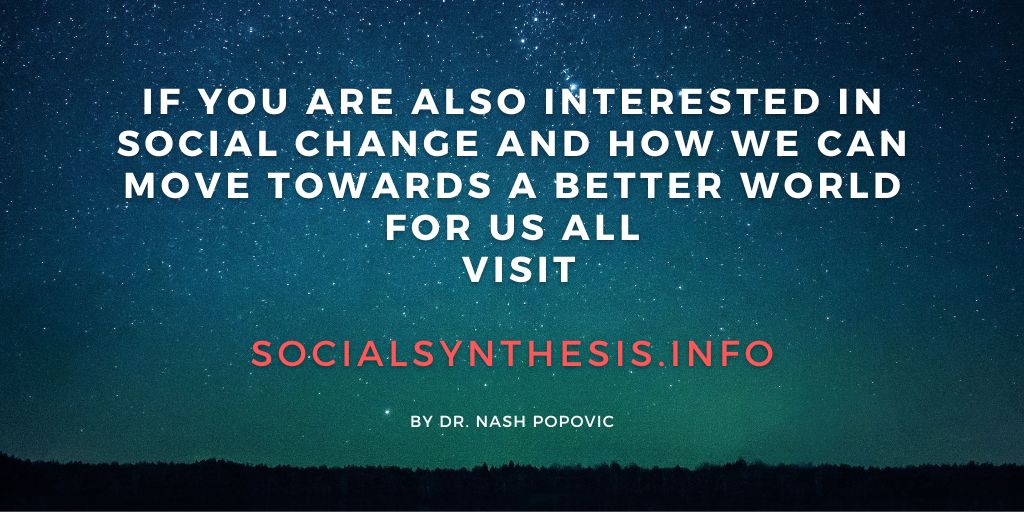21. Relating to Death
Death is the horizon which places the possibilities of life in perspective.
Charles R. Mojock (American educator)
Death has a special significance because it is the boundary of physical existence and the only future certainty. In this area we will mainly examine the ways we can relate to death, as this can have profound effects on our attitudes towards life (e.g. our decision making). Loss and grieving will also be addressed.
Why it is good to accept death
The two basic ways of relating to death are acceptance and denial. It is quite common to deny death for as long as possible. Denial of death enables us to avoid, at least temporarily, fear and other unpleasant feelings usually associated with death. However, many philosophers and psychologists have recognised the value of being aware of our mortality and accepting death, and warned against denial. There are some sound reasons for this:
- Death is a part of the life cycle and denying it means denying life as it is – accepting death, therefore, enables us to take life in its totality.
- Sooner or later everybody has to face death (that of others and finally their own), which is harder to do if unprepared; those who accept death as a part of life are in a better position and more in control in such situations.
- Accepting death puts in perspective small misfortunes and self- importance, and can make us more courageous.
- The awareness of death can contribute to decision making and prioritising too; it reminds us that the time to accomplish our projects is limited and that nothing can be taken for granted.
- Many have observed or experienced that being aware of death leads to a greater respect of life and finding value in every moment – somewhat paradoxically, it makes us more alive.
The following exercise is an example of how the awareness of death may affect your present attitude and behaviour:
Putting life in perspective
- Is there anything that you would regret if somebody you know (a friend, relative, colleague) suddenly died? What can you do about it now, while that person is still alive?
- How about yourself? If you were on your death bed is there anything you would regret? Can you do something about it now?
We should be clear though that accepting death does not mean worrying, being obsessed or fantasising about it (e.g. imagining when, where and how one may die). Such inclinations may lead to resignation, poor moods, as well as disregarding long-term goals and the consequences of our actions. Acceptance also does not mean surrendering to or hastening death by reckless behaviour (which is another form of denial). It just means accepting its inevitability for all, and seeing life and death as inseparable.
Coming to terms with death
- Express your feelings and thoughts about death through writing (or talking about it to somebody).
- If you find the above disturbing or difficult to accept, read on and come back to this when you finish.
The meaning of death
Acceptance may be better, but it is not easy. Death is one of the most difficult phenomena to come to terms with. Recognising that death has a purpose may help. To do so, let’s consider what it would be like if death did not exist:
- Without death, our motivation to do anything would diminish as we could postpone doing something indefinitely.
- Death also greatly reduces suffering (think, for example, of a badly injured, sick or old animal in the wilderness).
- Thanks to death, we live. We would not exist at all without it, as the planet would be populated with other organisms well before the appearance of humans, not to mention ourselves.
Dealing with the fear of death
Even if we accept death cognitively, we may still struggle with anxieties and fears relating to death. This is what may help us keep these emotional reactions under control:
- Presence – focusing on here and now. Since we are alive now we cannot be dead now, we can only die in the future. The future doesn’t exist yet, so by focusing on the present moment you can minimise anxiety. Even if you were on death-row you would not be perturbed if you could fully focus on the present.
- Meaning in life – people who believe that life has a purpose seem to be more resilient to death anxiety; this is probably because they see themselves as a part of something greater.
- Life satisfaction – research shows that people who are satisfied with their lives cope better with death anxiety.28 So coming to terms with your life can help you come to terms with your death.
Matters of death
It may be easier to face possible concerns related to death if they are separated (some ways of dealing with them are suggested, but you may find different ones):
- Dying (pain, sickness, helplessness etc.): they are not inevitable, so don’t worry unnecessarily.
- Loss (of at least everything material, including the body): this is inevitable for everybody who is alive or has ever lived, so enjoy the material aspect of life while you can, but avoid getting too attached to it.
- The unknown (of what happens after – if anything): there are a number of possibilities in this respect and none of them has been proven conclusively; if you can’t decide which one makes sense to you, embrace it as an adventure.
- Unpredictability (of the moment of death): it would be worse if we knew when we would die (think about those who do).
- Those left behind (a partner, children, parents, friends): do what you can (with them / for them) while you still can.
- Practical issues (funeral, will, etc.): if you care about these things, seeing to them can bring peace of mind.
Loss and grieving
Relating to death is not only about relating to our own death but to the death of others too; in fact, some find it more difficult to deal with the prospect of the latter than the former. When this time comes, it is important to accept that grieving is a natural process that may be painful but allows us to come to terms with the loss. There is no right (or wrong) way of grieving; we may go through periods of denial, guilt, fear, anger and sadness.
We may have strange feelings, thoughts, desires and physiological reactions. Some research even shows that not being expressive about one’s grief might work better for some people (although this should not be confused with ‘bottling up’ one’s emotions). Grief usually comes in waves and its overall length can also vary. This is all normal as long as it is a part of the process leading to acceptance and letting go. Sometimes, however, people get stuck. If this is the case, you (or somebody you know) may need assistance. Bereavement counselling can help the bereaved in a number of ways: to accept the reality of the loss, to work through your emotions, to deal with issues that prevent you from moving on, and to restructure reality and adjust to life without the lost one.
How to support those who grieve
This is tricky because no size fits all and sometimes no consoling words will do. Still, these suggestions might be useful:
- Don’t force on others what you think is a ‘right’ way of grieving; respect the person’s own coping strategy.
- Remember that you are probably not going to be the first and only person asking them how they feel, which can be wearing; furthermore, for some people grief is a private matter.
- Be aware that ‘positive thinking’ (e.g. ‘It will be ok’, ‘You will get over it’) may backfire and make things worse.
- The best you can do in these situations is to be there for the mourner; you can give them a hug (if appropriate), listen to them (if they want to talk) and offer to perhaps help with practical things (grocery shopping, washing dishes etc.).
- Being sensitive and patient is always appreciated.

